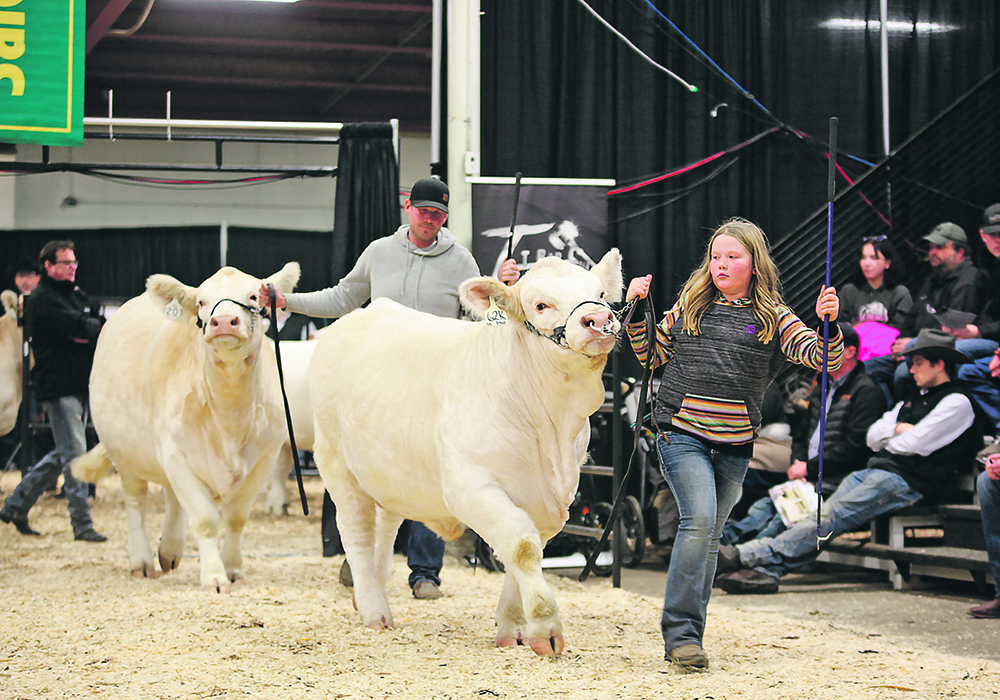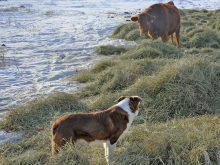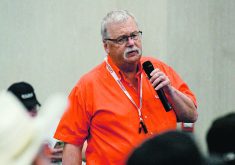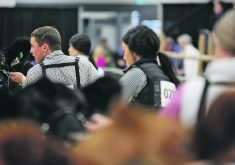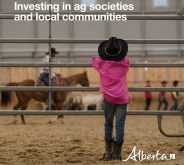Proposed federal changes would add reporting requirements to everything from 4-H beef sales to full rodeos
UPDATED to include CFIA link for commenting on the proposed changes – June 15, 2023 12:45 CST
The head of the Alberta Association of Agricultural Societies hopes a campaign to exclude organizers of fairs, rodeos and agricultural groups like 4-H from proposed new traceability regulations will be successful.
Under proposed federal changes, groups and venues that host events such as roping, rodeos and 4-H beef will be required to report on livestock that had been onsite.
The Canadian Association of Fairs and Exhibitions, or CAFE, made up of provincial organizations across the country, is opposed to the plan.
Read Also

Beef cattle more prone to trace mineral deficiencies
The trace mineral status of our cows and calves is a significant challenge for western Canadian producers and veterinarians.
“It’s enough to test the capacity of these volunteers to put on these events and provide these opportunities for livestock owners but to add one more level of bureaucracy is definitely challenging,” said Tim Carson, chief executive officer of Alberta Association of Agricultural Societies.
Carlson said livestock owners are already responsible for traceability reporting of their animals and requiring volunteer-led organizations to also provide that data for livestock visiting their premises could lead to them not hosting events or simply not complying.
That is not good for agricultural groups or traceability standards.
“If you are an abattoir or auction mart or you are a community pasture, I believe this makes sense,” said Carlson. “However, if you are a not-for-profit like an agricultural society and your facility is being used by other people for more recreational purposes or for livestock awareness such as cattle shows… this is a real challenge for the volunteers sector to try to manage.”
According to the CFIA, the change to the Livestock Identification and Traceability program is designed to provide the most up-to-date information of the location of animals in the case of disease outbreaks or food safety issues.
In response, CAFE is highlighting that less than 30 percent of agricultural fairs and exhibitions have enough volunteers and adding more paperwork will only stretch those limited resources.
CAFE said a survey of fairs and exhibitions featuring livestock resulted in 75 percent of organizations saying the amendment will negatively impact their organizations.
“This is normally a third-party issue so, that’s where the challenge lies,” said Carson. “Not to mention the new regulations are suggesting that those facilities have all the tagging materials as well as the wherewithal to replace a tag if one is lost.”
Carson said the argument being put forward by CAFE is reasonable and is hopeful it will be heard as the changes are currently in its public comment phase.
“It remains to be seen how effective this feedback on this process is,” he said.
The public comment period ends June 16 with a final decision on the amendments expected to be released later this year.


